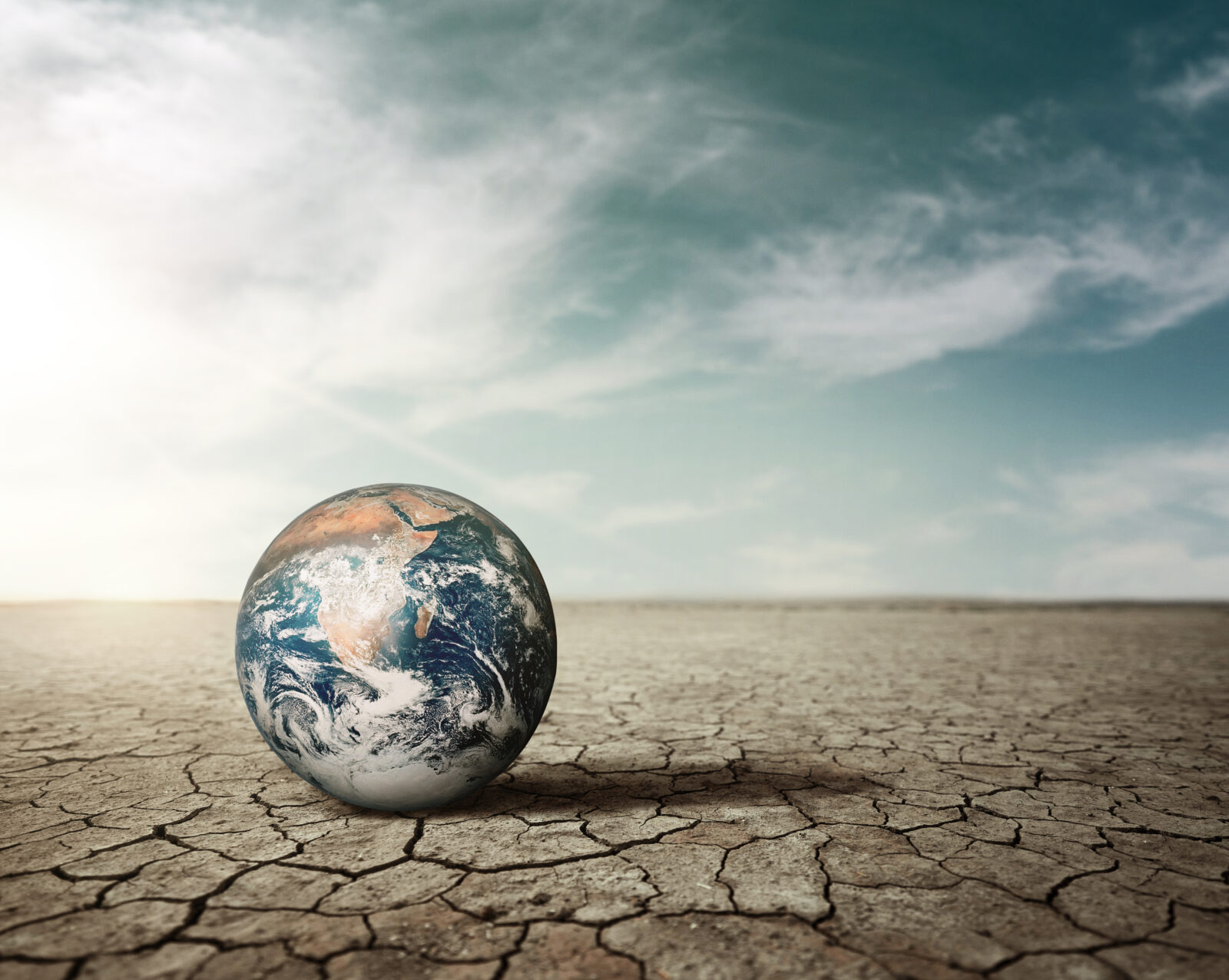Global Warming and Interpersonal Violence

Ray has with OUT FRONT Magazine since February of 2020.…
With summer fast approaching, you may be wondering what temperatures will look like in Denver over the next several months. According to the Farmer’s Almanac Colorado is set to have a ‘broiling wet’ summer. With high heat indexes and heavy precipitation expected, it’s safe to say that this summer, Colorado will be feeling the effects of global warming on its climate.
Global warming doesn’t just turn up the heat, but it can also have effects on weather patterns and cause storms to stall in the same place for long periods of time. This was the case in the 2013 Boulder floods when a storm dropped a year’s worth of rain (14 inches) in just four days. It is possible that this summer’s anticipated heavy rainfall could also be caused by these stalling weather patterns, known as atmospheric blocking.
But besides the obvious risks of extreme heat and flooding, scientists have begun to look at the effects of heat waves and interpersonal violence. A study published in 2022 looked at nine major U.S. cities’ daily weather and crime data to determine whether there was a significant linkage between the two. What they found was that for every 5° C increase (about 1° F) in average daily temperature, a 9.5% spike in intentional homicide rates was seen in the following week. The study also found a 4.5% rise in sexual assaults directly following temperature increases.
How do we know these heat increases can be tied to global warming? As the name would suggest, rising temperatures are one of the easiest phenomena to tie back to anthropogenic climate change. Simply put, the burning of fossil fuels and deforestation have led to human-caused amplification of the greenhouse effect, which traps heat within the Earth’s atmosphere. As industries continue these practices, surface temperatures continue to break record highs. While it’s difficult to point at any one heat wave as a direct result of global warming, climate scientists agree that global warming has increased the frequency of extreme heat waves.
Related Article: Climate Action Report Shows Progress on Denver’s Climate Goals
Researchers have found links to violent crime and extreme heat in studies conducted in Australia, Finland, South Korea, and the United Kingdom, as well as the U.S. Their findings suggest that extreme heat can lead to feelings of aggression, impulsion, and frustration. According to a study published in 2021, national analyses of Japanese ambulance transports increased linearly with rises in daily temperatures. Another theory as to why extreme heat can be linked to interpersonal violence is known as the routine activity theory, which suggests that in addition to decreased feelings of comfortability, and increased aggression, extreme heat can disrupt daily life and make outdoor working conditions dangerous.
It is important to note, however, that these studies do not suggest that heat can cause violence at random. Additional socioeconomic, mental health and demographic data can more accurately predict a person’s reaction to given situations. Extreme heat won’t drive you to violence, but if someone is already predisposed to responding violently, rises in daily temperature increase the likelihood they will do so. Researchers have even gone as far as to say the association between heat waves and violent crime may be specific to cities with higher socioeconomic inequality. Just like how global warming cannot be pinned to each individual heat wave, individual acts of violence cannot be pinned to temperature rises, however, the increase in frequency of these crimes has been shown to be linked.
Image Courtesy of Freepik.
What's Your Reaction?
Ray has with OUT FRONT Magazine since February of 2020. He has written over 300 articles as OFM's Breaking News Reporter, and also serves as our Associate Editor. He is a recent graduate from MSU Denver and identifies as a trans man.










